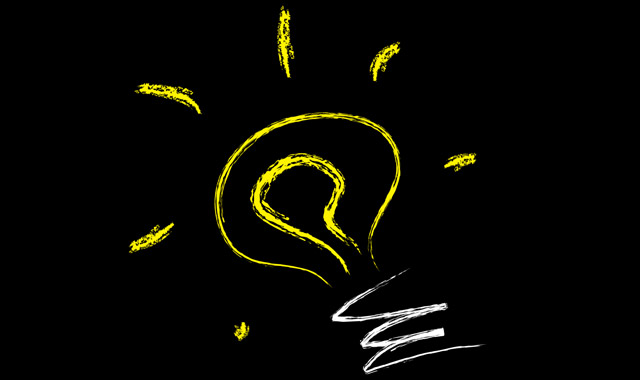
Energy regulator Nersa “didn’t buy Eskom’s threat” when it said load shedding would get worse if it wasn’t granted a further tariff increase, said energy expert Chris Yelland.
He was reacting to Nersa rejecting Eskom’s application for an additional 9,6% electricity tariff increase on Monday, but while Nersa did say no to Eskom, it said Eskom could reapply for a multi-year increase starting from the next financial year, on 1 April 2016.
“I think it’s been a humiliating experience for Eskom,” Yelland said. “Nersa indicated that they were not satisfied with Eskom’s application at all. In fact, they were scathing about it. They told Eskom to go back to the drawing board [and] submit a new application.
“It’s perhaps knocked a bit of the hubris out of them to the extent where they’ve been told in no uncertain terms to do it properly [the tariff application] and get it right and put in a proper application that complies with the constitution and the Public Finance Management Act.”
Yelland asked Nersa chairman Jacob Modise whether the regulator had bought into the “apparent threat” made by acting Eskom CEO Brian Molefe “that if they did not get granted the price increase … there would be significantly increased levels of load shedding, which would be very damaging to the economy”.
“Their response was that there were many technical [and financial] options that Eskom could and should use in terms of mitigating load shedding,” said Yelland. “They didn’t really buy the idea that if [Eskom] did not get granted this increase that there would be increased levels of load shedding.
“Nersa didn’t buy Eskom’s threat and it seemed something of a hollow threat,” he said. “Yes, we will continue to have load shedding, no doubt, but it’s not a question of a shortage of money. The money is there and available to Eskom in the form of this increased equity.”
Parliament passed two bills last week that will enable a R23bn allocation to Eskom and conversion of a R60bn subordinated loan to the company into equity.
Eskom is set to receive R10bn of the R23bn on Tuesday, Yelland explained.
“It doesn’t appear that money is a problem in terms of continuing to buy the necessary diesel to keep the open-cycle gas turbines” and to get capacity from the short-term power purchase programme, explained Yelland.
“I don’t think there are any serious financial consequences, despite what Eskom might say publicly,” he said. “In fact, privately they’ve been saying that their financial situation is not as bad as financial journalists are sometimes making out. Their balance sheet is strong enough to provide the necessary funding in the form of increased borrowings.”
Eskom advanced in drawing up next tariff application
At an operational level, Yelland said Eskom will submit a new full re-opener for the multi-year price determination.
“In fact, high level people at Eskom have told me that they are very far advanced in their application for a full re-opener and it’s only a month or two away,” he said. “I expect Eskom will submit a full re-opener.”
That tariff increase would only be implemented on 1 April 2016, if Nersa approves it. — Fin24

